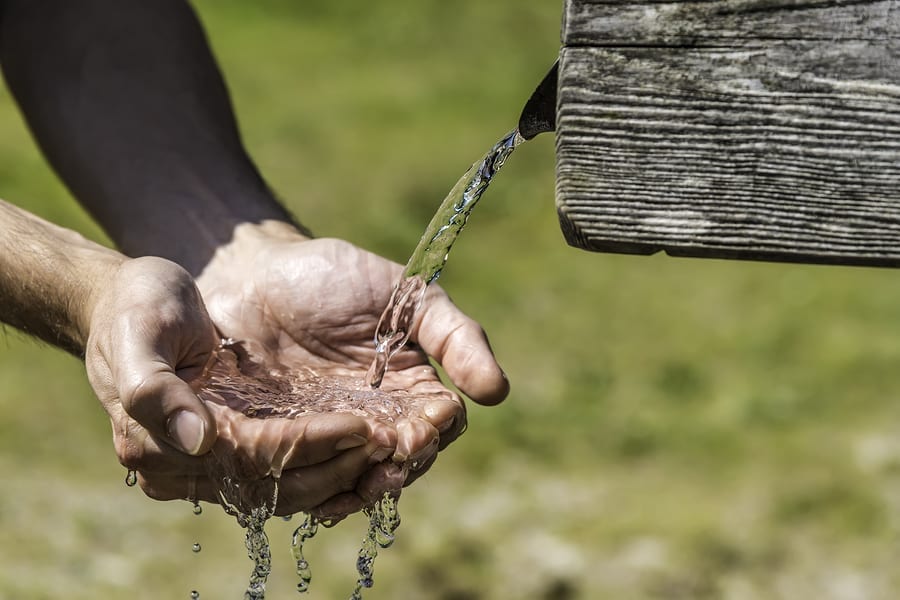Bacteria Plagues Well Water
Well water is a common source of potable water in Central Pennsylvania. According to Penn State’s College of Agricultural Sciences, there are over one million private wells in Pennsylvania serving nearly 3.5 million people in rural areas. A well is simply a hole in the ground deep enough to access the ground water. Depending on the geographical area and the well construction, the water that is produced can contain thousands of possible contaminants. Lucky for us, depending on the ground composition that the water passes through, well water problems like surface contaminants can be reduced by the filtering action of the soil.
Common Well Water Contaminants
 Hard water from minerals in the ground, bacteria, and organic pollutants can plague well water. However, the most common problems experienced in Central PA are:
Hard water from minerals in the ground, bacteria, and organic pollutants can plague well water. However, the most common problems experienced in Central PA are:
- Hardness
- Corrosivity
- Iron
- Hydrogen sulfide
Well Construction
Well construction is an important component of water output and avoiding well water problems. Some general rules include:
- Locating the well on a high spot of the property to reduce the chances of having surface run off contaminate the well water.
- Using adequate and properly installed casing (pipe that seals off the top part of the well) can help to prevent surface water infiltration to the well.
- Grouting to reduce bacteria. The top of the well is drilled oversized and a grout is pumped into the space between the casing and the ground to seal off the upper part of the well.
- Adequate pump & piping system.
How to Treat Well Water Problems
Unlike municipal water, where residents pay to make drinking water for less than half a percent of how the water is used, the only well water that must be treated is the water used. Raw water is fine for irrigation. However, for household use, soft water that does not stain fixtures, is odor free, is non-corrosive and is bacteria sterile is best. For human consumption, a high-purity water for drinking, ice, and cooking is desirable.
A properly designed, installed and maintained water well system will give the end user superior water satisfaction at a lower cost than most municipal water suppliers.
We recommend that a residential well be tested once a year for coliform bacteria. If bacteria is found, the most common fix is an ultra violet water sterilizer (UV).
An Ultra Violet Water Sterilizer
- Is relatively inexpensive and low maintenance compared to alternatives like chlorination.
- Does not add any chemicals or create by products in the sterilization process.
Bacteria are exposed to a controlled dose of ultra violet radiation to ensure that the water will not make people sick. The sterilizer only requires us to perform an annual cleaning and lamp replacement.
Schedule your yearly well water test today to be sure that your drinking water is free of coliform bacteria.
American Clear Water LLC.
Mechanicsburg, PA
717-691-8632


